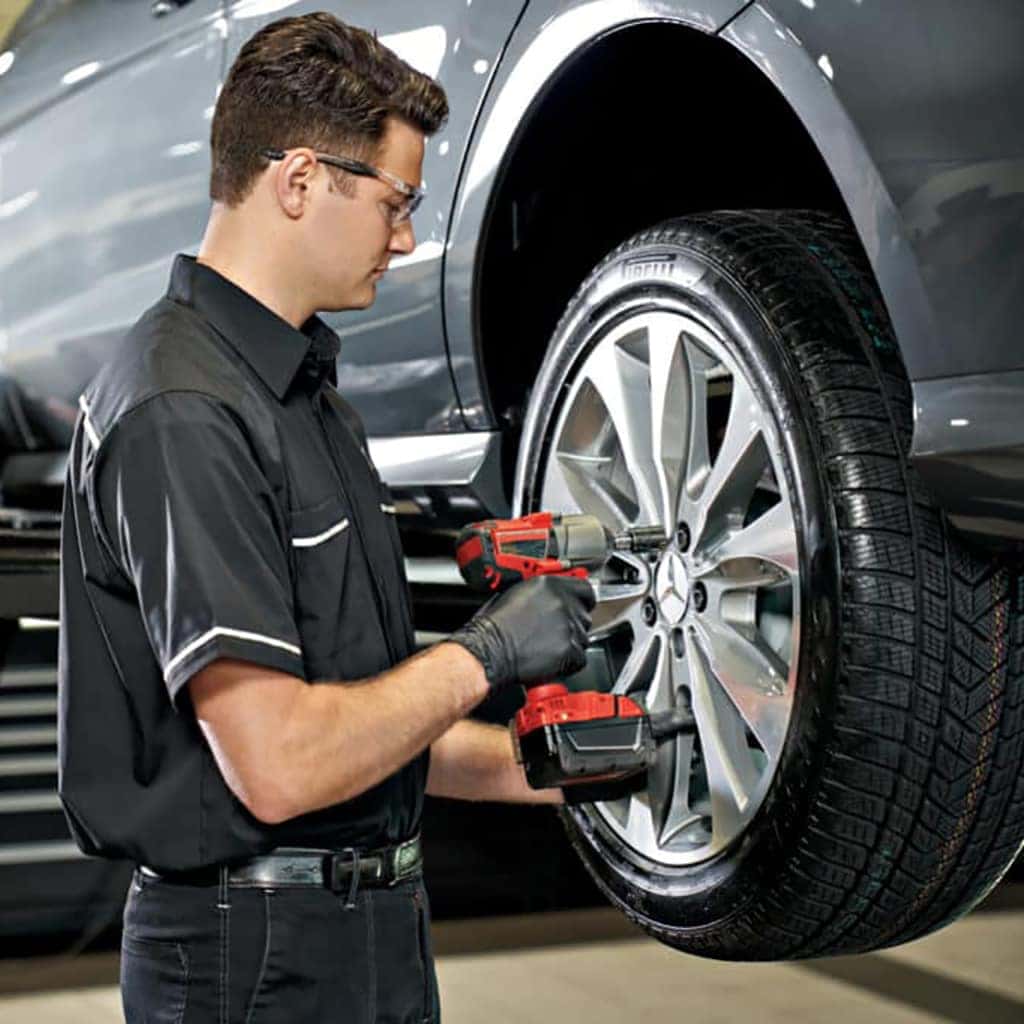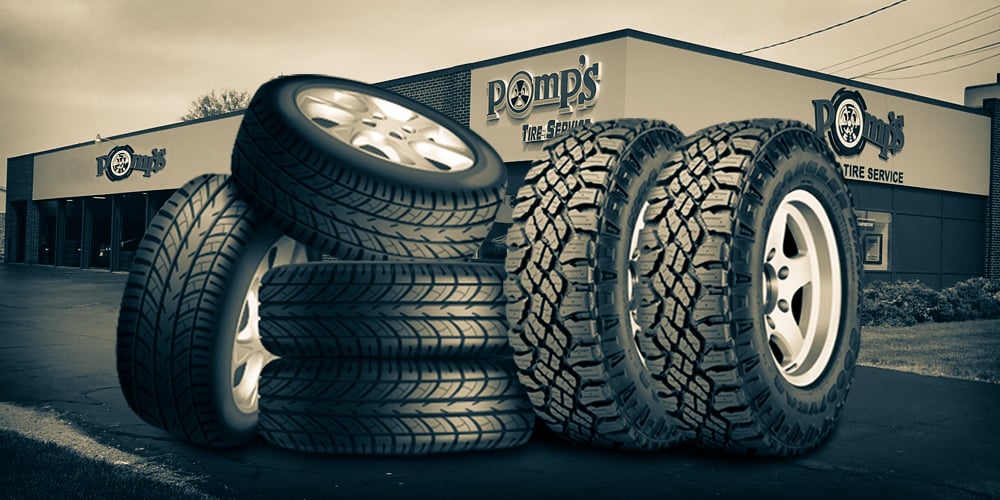The Web Link Between Tire Solution and Gas Performance
Among the different aspects that affect fuel effectiveness, tire service stands out as a crucial aspect that usually goes ignored. The detailed connection in between tire upkeep and gas economy is a testament to the intricate operations of a lorry.
Importance of Correct Tire Rising Cost Of Living
Correct tire rising cost of living is an important variable in making the most of gas efficiency and guaranteeing optimum car performance. When tires are underinflated, it develops a lot more rolling resistance, creating the engine to work tougher and melt more gas to maintain the very same rate. On the other hand, overinflated tires can bring about a harsher ride, irregular tire wear, and lowered traction. To discover the advised tire pressure for your automobile, refer to the owner's guidebook or the sticker situated on the driver's side door jamb.
Keeping the proper tire pressure not just boosts gas effectiveness yet additionally improves driving safety and security. Properly inflated tires supply far better handling, braking, and overall efficiency on the road. Additionally, they add to expanding the life-span of the tires, conserving you money in the future by lowering the regularity of replacements. Consistently examining and readjusting tire pressure, especially eventually trips, is a simple yet efficient way to maximize your automobile's gas economic climate and guarantee a smooth driving experience.
Influence of Tire Footstep Depth
Preserving the recommended tire pressure is essential for optimum vehicle performance and fuel performance; similarly, the tread depth of your tires plays an important role in guaranteeing safety and security and grip when traveling. Tire walk deepness straight impacts the capability of your tires to grip the road surface area, particularly in damp or unsafe problems. As tires put on down, their walk deepness decreases, affecting their ability to network water away and maintain proper contact with the road. The recommended minimum walk depth is commonly 2/32 of an inch, however, for enhanced safety and security and performance, lots of experts suggest altering tires prior to they reach this point. Proper tread depth not just makes sure far better handling and braking but great site likewise adds to sustain efficiency by reducing rolling resistance. Routinely evaluating your tire walk depth and replacing tires when essential is a simple yet reliable means to promote both safety and gas effectiveness when traveling.
Role of Wheel Positioning in Effectiveness
Making certain exact wheel alignment is essential for enhancing lorry performance and taking full advantage of gas economic climate. Correct wheel positioning includes readjusting the angles of the wheels to supplier specs, guaranteeing that they are identical to each other and perpendicular to the ground. When wheels are misaligned, it can result in unequal tire wear, increased rolling resistance, and lowered gas efficiency.

Additionally, accurate wheel alignment can also enhance handling and security, reducing the amount of energy required to steer the car (tire tracks morris il). By lessening unnecessary rubbing and drag, correct wheel positioning plays a vital role in improving general lorry performance and fuel economic situation. Routine wheel placement checks and adjustments are necessary for keeping optimal efficiency and optimizing fuel savings
Link In Between Tire Upkeep and MPG
An important aspect of maximizing gas efficiency in cars is the maintenance of tires and their direct effect on miles per gallon (MPG) Correct tire upkeep plays an important duty in maximizing gas economic situation. On the various other hand, overinflated tires lower the call patch with the roadway, leading to irregular wear and decreased fuel performance.
Moreover, tire tread depth also affects gas effectiveness. Worn-out footsteps minimize grip, particularly in wet conditions, requiring the engine to apply even more that site power to maintain rate. This enhanced resistance cause greater fuel consumption. By ensuring tires have ample step deepness, drivers can enhance both safety and security and gas economic situation.
In significance, correct tire maintenance, consisting of surveillance tire stress and step deepness, is directly linked to accomplishing ideal MPG. By including routine tire examinations and maintenance into a car care regimen, vehicle drivers can not just expand tire life but additionally enhance gas effectiveness, eventually saving money and lowering environmental impact.

Tips for Fuel-Efficient Tire Care
Provided the important connection in between tire upkeep and gas efficiency, implementing reliable approaches for maximizing tire treatment is essential to boosting total car efficiency. Revolving tires at suggested periods advertises even tread wear, improving gas efficiency by ensuring all tires contribute similarly to car performance. By incorporating these fuel-efficient tire care ideas right into a routine maintenance timetable, motorists can optimize fuel efficiency, minimize operating prices, and extend the life Resources of their tires.
Verdict
By routinely keeping tires and complying with fuel-efficient tire care tips, vehicle drivers can maximize their automobile's efficiency and minimize gas intake. It is essential to focus on tire maintenance to not just save cash on fuel costs but additionally to promote overall lorry performance.